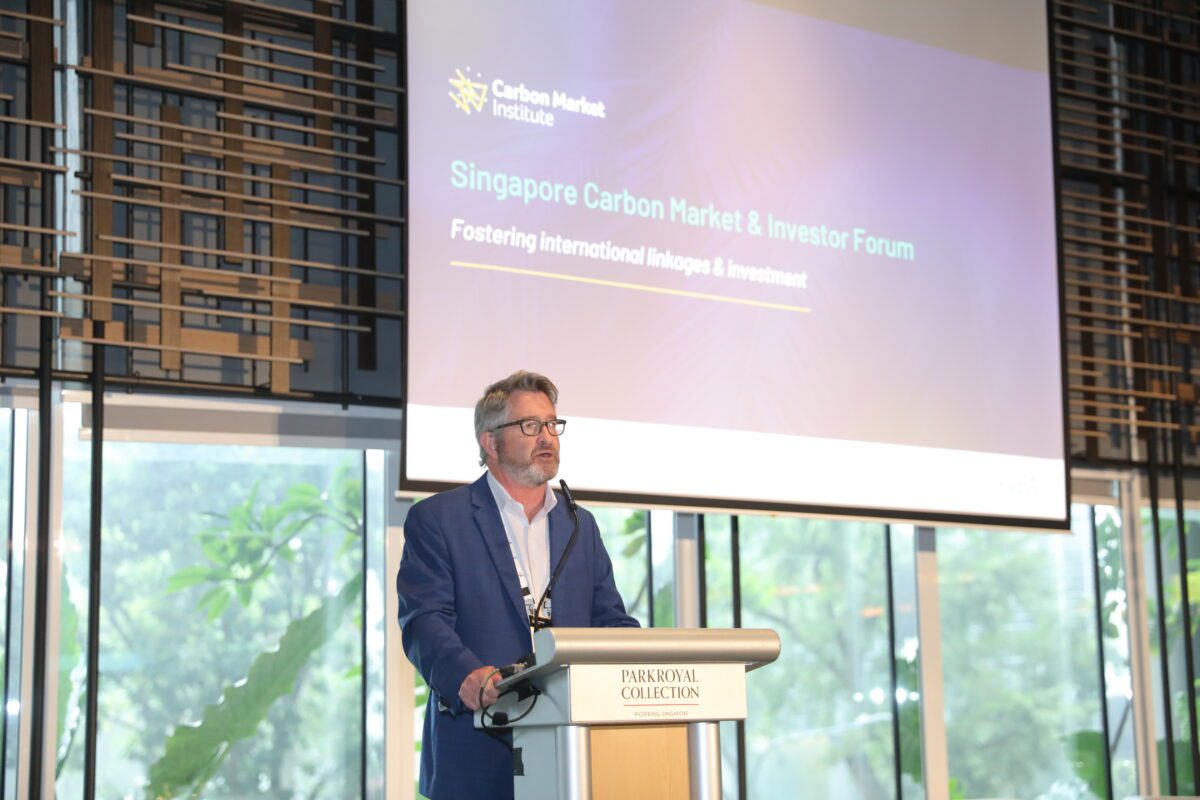The release of the Federal Government’s Australian Carbon Credit Unit (ACCU) Review Implementation Plan provides an important update in clarifying the ‘how and when’ for recommended ACCU scheme improvements, said the Carbon Market Institute (CMI). CMI also highlighted challenges and priorities in ensuring credited and credible climate action doesn’t stall as reforms are implemented.
CMI welcomed the Government’s progress so far in implementing the Review’s recommendations and said the plan is an important step in continuing to build confidence in the scheme.
It also welcomed the Government’s prioritisation of the improved Savanna Fire Management and new Integrated Farm and Land Management (IFLM) methods, noting that timely consultation on, and creation of these methods would reduce potential future credit supply shortages, resulting from the 1 October sunset of the Human Induced Regeneration (HIR) method.
The plan should assist the prompt finalisation of these methods, as well as others including landfill gas, which can continue to drive investment momentum while the new Carbon Abatement Integrity Committee and proponent-led method development processes are established.
CMI also noted changes already made to method approval processes, including that the Minister must now be satisfied that they comply with the Offset Integrity Standards – a procedure that was previously discretionary.
“The plan released today provides important new details on how and when the government will implement 16 recommendations which it has previously accepted in-principle. We welcome the government’s progress in implementing the recommendations so far, and this plan lays out important context for the next 12-18 months.” said CMI CEO John Connor.
“We note the key elements still to be consulted on, including the development of a comprehensive National Data Platform to enhance transparency, as well as better clarification on project co-benefits as we navigate nature repair and environmental protection reforms.”
“CMI is already in dialogue with carbon service providers, Indigenous stakeholders and the government on issues of conditional registration and free, prior and informed consent related to these reforms.”
“With some methods expiring and others being replaced, it will be critical to manage this transition to ensure high integrity but continued investment in credited climate actions.”
“The Human Induced Regeneration method is expiring in October and can be replaced in part by the IFLM method already under consideration, while there is currently no replacement for the outdated and now retired Avoided Deforestation method.”
“It is vital we have new methods that address land clearing and forest protection, as well as rewarding land management that can support agricultural productivity, alongside protecting or regenerating forests and other carbon sinks.”
“However, considering the logistics of this transition and that projects take 3-5 years to get off the ground, there is a risk of impacting credit availability during this implementation.”
“We also note that the timeline for further accreditation and regulation of carbon service providers is due to commence in mid-2024. We look forward to working with government and potentially fast-tracking this aspect of reform, including seeking to build on the voluntary Carbon Industry Code Of Conduct, currently administered by CMI.”
CMI also welcomes the Government’s release of grant guidelines for the $20 million Carbon Farming Outreach Program as part of its announcement. Grant applications open on 13 June 2023, and are available here.
“The ACCU Review has provided important recommendations in improving Australia’s carbon crediting mechanism, which are a vital complement to broader policies driving at-source decarbonisation, such as the Safeguard Mechanism. CMI looks forward to supporting, and where possible, accelerating this implementation plan,” concluded Connor.
About the Carbon Market Institute
The Carbon Market Institute (CMI) is a member-based institute accelerating the transition towards a negative emissions, nature positive world. It champions best practice in carbon markets and climate policy, and its over 150 members include primary producers, carbon project developers, Indigenous organisations, legal, technology and advisory services, insurers, banks, investors, corporate entities and emission intensive industries. The positions put forward constitute CMI’s independent view and do not purport to represent any CMI individual, member company, or industry sector.
For further information, contact Thomas Hann on 0408 880 536 or thomas.hann@carbonmarketinstitute.org



